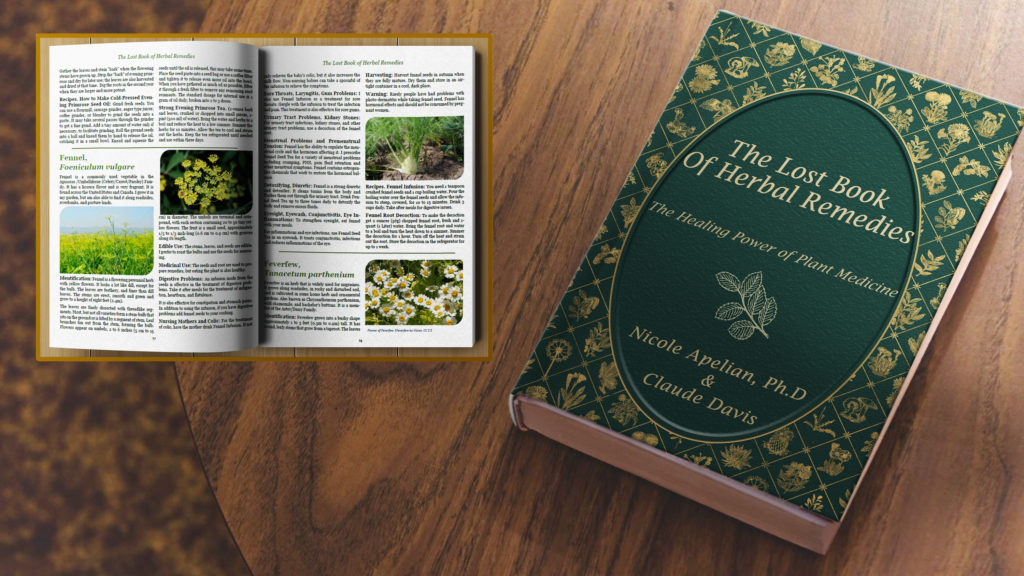Practices to break the stress cycle
Quality Rest
We often associate resting and sleeping as the same thing, but they’re actually different. You can fall asleep but in order to have deep rest, you need to develop healthy habits. A regular bedtime schedule is a must. Avoiding blue light from computer screens and other devices within two hours of bedtime is crucial so as not to disrupt circadian rhythms. Also, make your bedroom into a no phone zone. Eliminating sources of noise is important too. Each of these habits will help cultivate sound sleep and rejuvenating rest, so that we can better handle stressful situations when they arise.
Healthy Eating
Usually when we’re under stress, we crave sugar and fat laden processed foods to soothe our emotions. While it can be tempting to reach for a bag of cookies during a stressful episode, these foods ultimately increase our stress levels. Instead, eating a nutrient dense diet will keep your outlook bright and help to calm anxiety. It improves our immunity and energy levels as well.
Focus on foods that are rich in B, C and D vitamins, magnesium, and omega 3s. A few examples include: kiwifruit, strawberries, and orange juice for vitamin C; pink salmon, mackerel, and sardines for vitamin D and Omega 3s; Brazil nuts, oat bran, and cashews for magnesium; leafy greens, eggs, legumes, and yogurt for B vitamins.
Nature Connection
One of the most important lifestyle habits we can adopt to reduce stress is to spend time in natural surroundings. As I wrote in, “Why We Need Nature This Winter”, spending time outdoors is important at any time of the year, but especially during colder months. It doesn’t need to involve a large investment of time—simply strolling through an urban woodland or park for as little as 20 minutes can reduce stress levels significantly. Moreover, a brief jaunt into nature increases positive emotions and helps to relieve depression—including seasonal affective disorder (SAD).
Calm Inflammation
You may find it surprising that there’s a strong link between inflammation and stress. According to Odelya Gertel Kraybill, PhD:
“The more we are exposed to stress, the more likely that inflammation will be triggered. The more we have inflammation in our body, the more easily we are overwhelmed by stress.” 1
Inflammation can also be triggered by:
- Autoimmune disorders
- Processed foods
- Diets high in sugar and processed fats
- Food sensitivities
- Viral/bacterial infections and pathogens
- Environmental toxins
Researchers have found that inflammation influences how we feel because it affects a wide-range of systems, including: immunity, metabolism, sleep, stress tolerance, cognitive ability, memory, mood, impulse control, and clarity.
Needless to say, it’s crucial to keep inflammation under control, particularly during seasons of high-stress. My Reishi Mushroom Dual-Extracted Tincture is an excellent herb for addressing inflammation. It’s also an outstanding tonic for leaky gut, infections, chronic fatigue and much more. Visit my Apothecary and learn firsthand about this and many other exceptional medicinal herbal remedies.
Sources
- Odelya Gertel Kraybill Ph.D. “Inflammation and Mental Health Symptoms”, May 2019. https://www.psychologytoday.com/us/blog/expressive-trauma-integration/201905/inflammation-and-mental-health-symptoms
Nicole Apelian
Roll Up Your Sleeves and Do it Yourself?
Are you interested in making your own herbal remedies at home and learning about the many plants, lichens, and mushrooms you can find out your own back door? If so please pick up a copy of my book: "The Lost Book Of Herbal Remedies: The Healing Power of Plant Medicine" today!
Not in Europe or the US? Not a problem, click here to order your copy »





